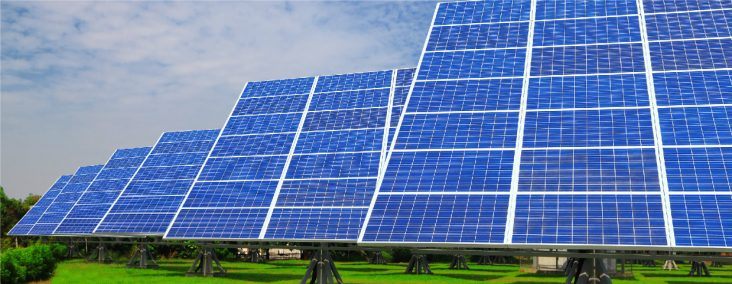EIA: Stalled Clean Power Plan would accelerate the growth of renewable generation throughout U.S.
by June 23, 2016 7:45 am 194 views

The shift away from coal-fired generation to a combination of higher natural gas-fired and renewables generation and greater energy efficiency is expected to be accelerated by the U.S. Environmental Protection Agency’s stalled Clean Power Plan (CPP) through 2040, the U.S. Energy Information said in its recent annual outlook.
The EIA’s forecast comes after the U.S. Court of Appeals for the District of Columbia in May unexpectedly rescheduled the next challenges to President Obama’s Clean Power Plan to be heard by the full bench instead in mid-September.
The U.S. Supreme Court issued a stay of President Obama’s historic Clean Power Plan on Feb. 9, blocking the federal EPA from implementing the far-reaching rules that would dramatically reduce carbon dioxide emissions across the U.S. by shutting down most of the nation’s coal-fired power plant fleet.
Originally, a three-judge panel of the federal appeals court had planned to hear oral arguments on the merits of the states’ case on June 2, but now the controversial EPA mandate will be heard before all nine judges on the D.C. Circuit Court, including Supreme Court nominee Merrick Garland.
According to state regulators, Arkansas will not have to meet the EPA deadline to submit a final implementation document to comply with the president’s plan by Sept. 6, 2016.
The court delays will also likely push back the Sept. 6, 2018 deadline for states to evaluate various approaches to comply with the federal emission rules, demonstrate engagement with the public, and lay out steps and processes necessary to submit a final plan.
Still, the EIA projects with the CPP that natural gas-fired electricity generation will exceed coal-fired electricity generation by 2022, while generation from renewables—driven by wind and solar—will overtake coal-fired generation by 2029.
Notably, the share of natural gas-fired generation exceeded coal-fired generation in 2016, according to EIA’s latest short-term energy outlook. However, the EIA’s annual forecast projects the natural gas-fired share of generation will decline temporarily after 2016, then resume rising in about 2020 and once again exceed the coal-fired share in 2022 and through 2040.
Even without the CPP, significant growth in renewables generation is projected throughout the country, due in large part to Congress’s recent extension of favorable tax treatment for renewable energy sources.
From 2015 to 2030, for the nation as a whole in a scenario where the CPP is never implemented, EIA projects that renewables generation will increase at an annual average rate of 3.9%, while natural gas generation will grow at 0.6% per year. Under the longer-term forecast, which assumes the implementation of the Clean Power Plan, renewables and natural-gas fired generation are expected to grow at 4.7% and 1.6% annually from 2015 to 2030, respectively.
